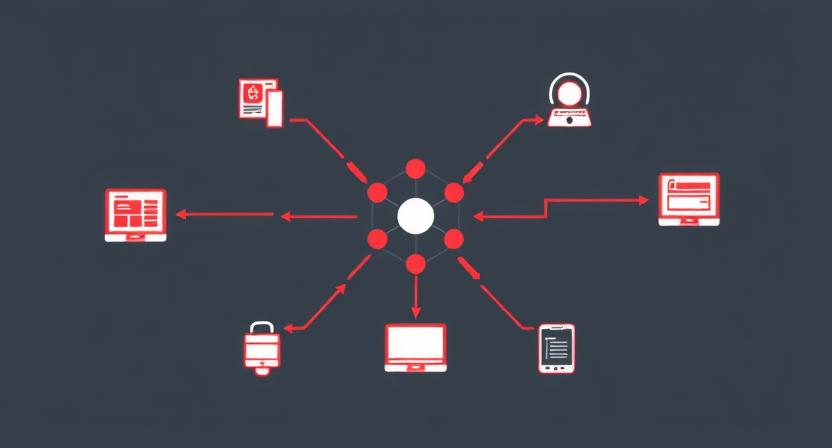Traditional middleware served enterprises for decades, but cloud-native architectures have transformed integration requirements. Modern integration services now provide faster, more flexible, and scalable alternatives.
Cloud-Native Integration
Integration platforms-as-a-service (iPaaS) enable rapid deployment, scalability, and lower costs. They provide pre-built connectors for SaaS, on-premises, and cloud applications, simplifying integration while reducing operational overhead.
Cloud-native integration ensures high availability, elastic scaling, and reduced infrastructure management, making it ideal for dynamic enterprise workloads.
Event-Driven Architectures
Modern integration platforms support event-driven patterns, allowing real-time processing and immediate response to business events. Enterprises can react quickly to customer interactions, system alerts, or operational changes.
This shift from batch-oriented processing improves responsiveness and enhances customer experience while supporting modern analytics and AI workflows.
Hybrid Integration Scenarios
Many organizations operate a mix of on-premises and cloud applications. Modern integration services bridge these environments, ensuring consistent workflows and data synchronization across hybrid architectures.
Enterprises can migrate applications gradually without disrupting business processes, achieving a smooth transition to cloud-first strategies.
Governance and Security
Modern integration platforms include centralized governance, role-based access, and monitoring capabilities. Enterprises maintain compliance and security while enabling rapid development and deployment of integrations.
Business Value
By adopting modern integration services, enterprises accelerate digital transformation, reduce operational complexity, and improve system agility. Organizations can replace traditional middleware with solutions that deliver faster ROI, better scalability, and enhanced reliability.



